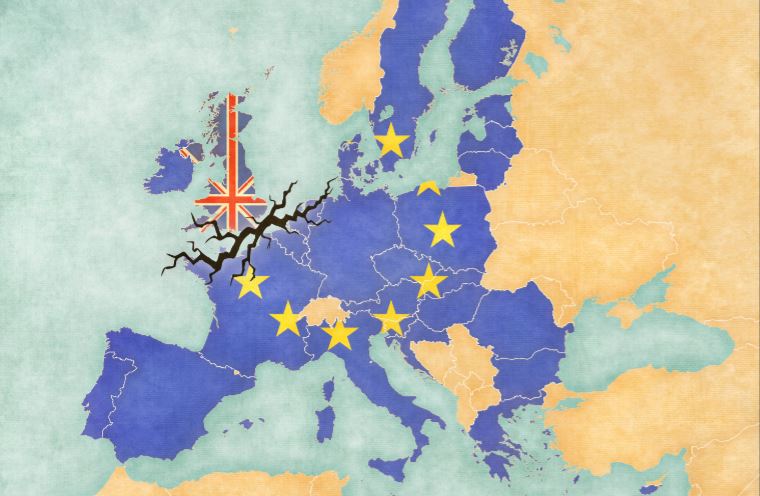Brexit could cause drug supply chaos, industry warns

Leaders from associations representing the entire EU and UK pharmaceutical sector have written a joint letter to chief negotiators warning of the potential impact of an 'unorderly' Brexit on the drug supply chain.
The pharma leaders warned that Brexit bureaucratic chaos could lead to medicines getting stuck at borders, or unnecessarily stockpiled in warehouses instead of being used to treat patients.
The letter was signed by Mike Thompson, chief executive of the UK’s Association of the British Pharmaceutical Industry (ABPI) and called on negotiators Michel Barnier, representing the EU, and UK Brexit minister David Davis, to secure ongoing cooperation over the medicines supply.
This should be a priority for both the UK and the EU, according to the letter, also signed by Nathalie Moll, director general of the European Federation of Pharmaceutical Industries and Associations (EFPIA).
Other signatories of the letter are the leaders of The Association of the European Self-Medication Industry (AESGP), EuropaBio, Medicines for Europe, the British Generic Manufacturers Association (BGMA), BioIndustry Association (BIA), and The Proprietary Association of Great Britain (PAGB).
It follows a letter published in the Financial Times last week by Jeremy Hunt, Secretary of State for Health, and Greg Clark, Secretary of State for Business, which outlined the UK Government’s plans for the regulation of medicines post-Brexit.
The letter said: “Securing agreement [on ongoing cooperation between the UK and EU on medicines] is the best way of ensuring that patients across Europe and the UK are able to continue to access safe and effective medicines and to ensure that there is no adverse impact on public health."
The letter warned that “In the case of an unorderly withdrawal there is a risk that all goods due to be moved between the UK and EU could be held either at border checks, in warehouses or manufacturing and/or subject to extensive retesting requirements. In fact, this would lead to a severe disruption of most companies’ supply chains, which would lead to potential supply disruptions of life-saving medicines."













